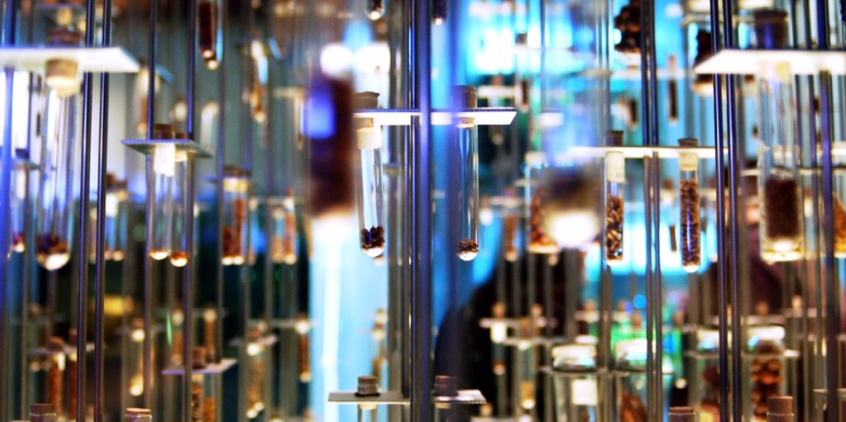
We tend to put a lot of faith in science. When contemplating how to address the myriad issues our world faces, our immediate questions are: "What's the evidence?" or "What does the research say?"
There's no doubt that in the relentless pursuit of a 'better tomorrow', scientists of all creeds have helped move humanity forward, especially through medicine. The painstaking research undertaken by countless men and women has enabled us to live longer, communicate more easily, allieviate suffering and explore the universe in which we live. But when "science" or "research" is used in discussion concerning the Christian faith, or issues related to a biblical worldview such as abortion, sex, and thinking about social problems, I'd argue that it's often misused and its power is overstated. Though scientific research can give very clear and objective answers to certain questions, it becomes much less powerful when dealing with more complex issues.
Here are some of the reasons why we shouldn't put all our faith in science:
There's evidence that social science research can be biased
Sociology Professor George Yancey used to study racial prejudice but now investigates prejudice against Christians. In 2014 he re-ran an experiment that had previously been interpreted to say that religious people are less logical than atheists. However he noticed that some of the questions were skewed against Christian belief, and when he adjusted the experiment he found that atheists were just as prone to logical fallacies and bias as Christians were.
When we're researching complex social issues, there are so many potential ways that bias can be introduced into an experiment. Research can be susceptible to reflecting the beliefs of the researcher rather than objectively investigating a topic. And when a large number of researchers share the same worldview, politics, and faith (or lack of), it's possible that biased experiments will not be critiqued sufficiently.
Scientists have to assume naturalism while at work – ie. that God doesn't exist
Scientists are exploring the mechanics of the material world, and so it's assumed that there is no supernatural to interfere in the process. That makes sense if you're mixing chemicals in a test-tube. But when you're starting to explore the mind and society, making the assumption that God doesn't exist and/or has no role to play in the world is a much bigger leap.
Certainly if you're a Christian and have observed miracles and the transformational nature of faith, then ignoring God in this way seems untenable.
As science has progressed, has compassion and peace followed?
While science is neutral in itself, it can be used for good or ill depending on motive. Jesus said our ultimate problem is the state of our hearts. But what scientific method can transform our motivations?
More than 50 years ago, in the aftermath of the horrors of WWII and the scientific advances that brought the nuclear bomb, Martin Luther King said: "Now we have come to see that science can give us only physical power, which, if not controlled by spiritual power, will lead inevitably to cosmic doom...
"We need something more spiritually sustaining and morally controlling than science. It is an instrument which, under the power of God's Spirit, may lead man to greater heights of physical security, but apart from God's Spirit, science is a deadly weapon that will lead to only deeper chaos. Why fool ourselves about automatic progress and the ability of man to save himself? We must lift up our minds and eyes unto the hills from whence cometh our true help. Then, and only then, will the advances of modern science be a blessing rather than a curse."













